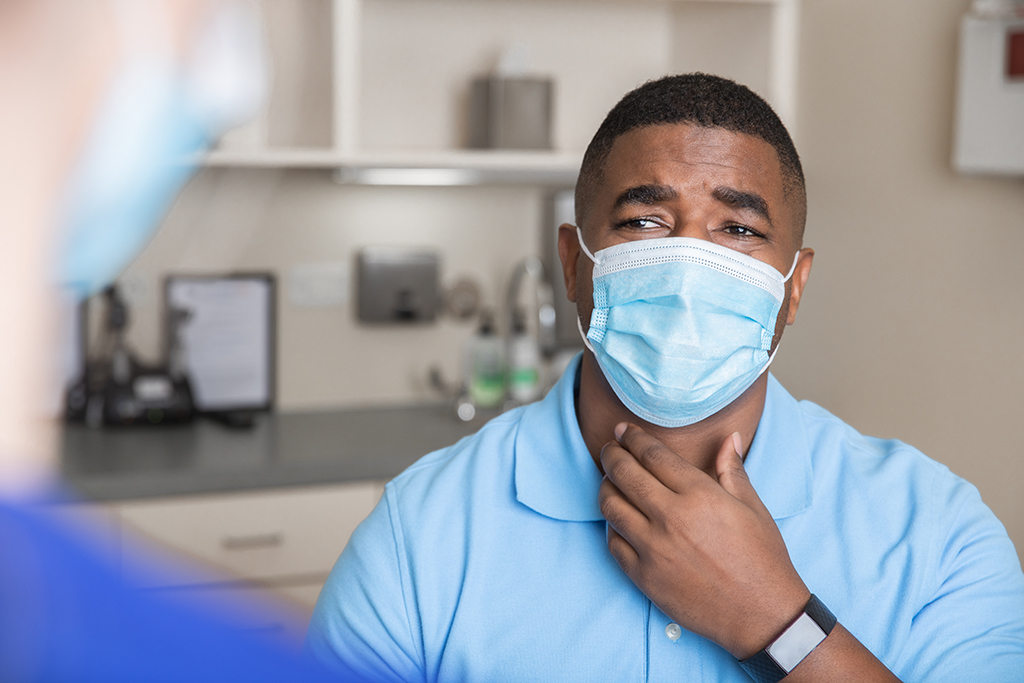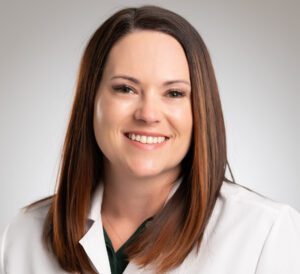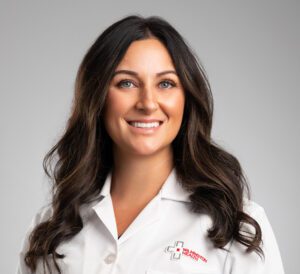Please Note: Our location is experiencing a high volume of virtual visits (sick patients not being seen in the office) at this time. We promise to do our best to see all walk-in patients or suggest alternative options for care. You are welcome to call ahead to check before arriving at our locations.
Welcome to Urgent Care at Wilmington Health in Jacksonville. Our Urgent Care services are supervised by Dr. Troy Ehrhart. We are here to serve your family’s unexpected emergency health care needs, including, onsite laboratory and X-Ray services. Click here for current hours and current wait times.
In addition to walk-ins, we offer options for scheduling an appointment Monday-Friday during select timeframes. To learn more about scheduling an appointment for urgent care, please call 910-989-4825 and speak with one of our urgent care professionals.
For a list of other quick care locations and wait times, please click here.
Please note our office bills as a physician’s office visit. Depending on your individual insurance plan, your out of pocket costs may vary
We offer full-service emergency treatment for:
- Back pain
- Sprains
- Minor fractures
- Common Cold
- Flu
- Earaches
- Headaches
- Lacerations and sports injuries
- Sudden illness
- Asthma
- Sunburn
- UTI
- Cuts/bruises
- Sore throat
- Laboratory
Urgent Care sees patients with a wide range of illnesses and injuries. We see everything from colds, minor scrapes, and bruises to potentially life-threatening conditions.
- We take all patients seriously. However, the severity of other patients’ conditions may affect your wait time.
- Our front desk staff is trained to recognize serious symptoms, so patients with issues like bleeding, chest pains, or uncontrolled vomiting will likely be taken before patients with sinus problems.
- Wait times are hard to predict based on the diversity of cases we see and because we operate on a walk-in basis, but we try to keep our front desk up to date with a best estimate.
- Please understand there are multiple providers at this office, some with scheduled appointments, so it may seem that some patients are taken “out of turn.” If you have concerns, please speak with the receptionist.
It is our aim to make your visit as pleasant as possible.






